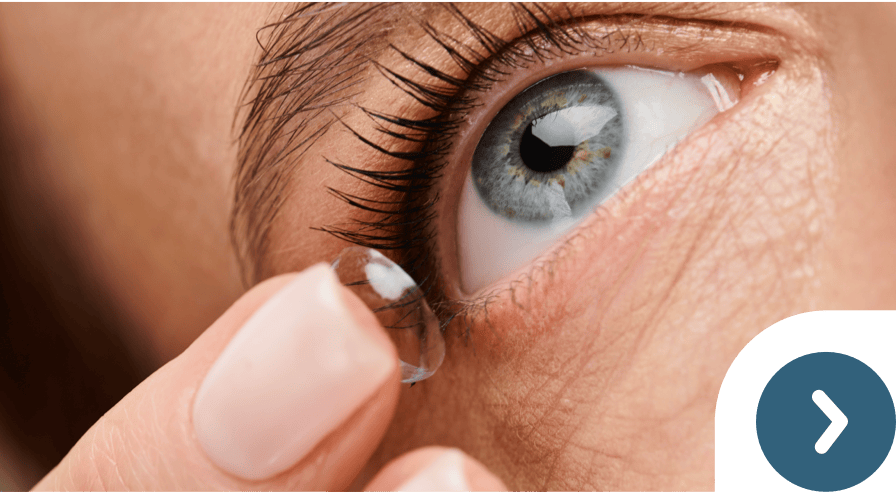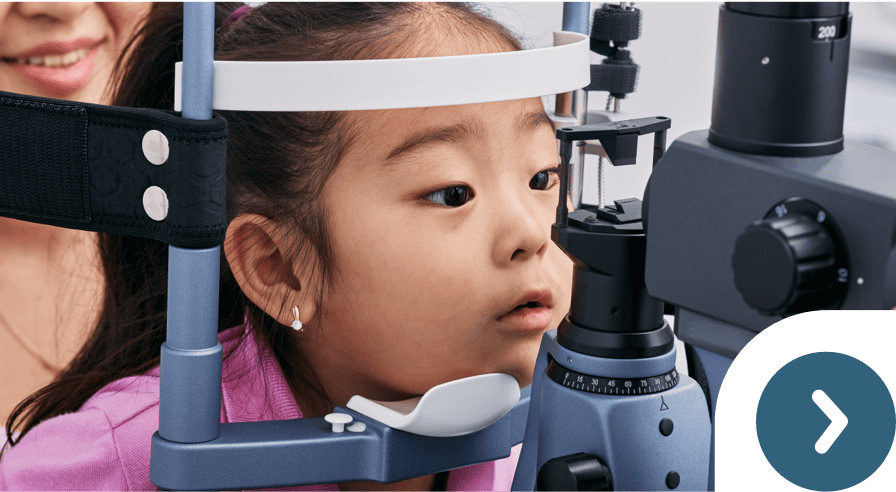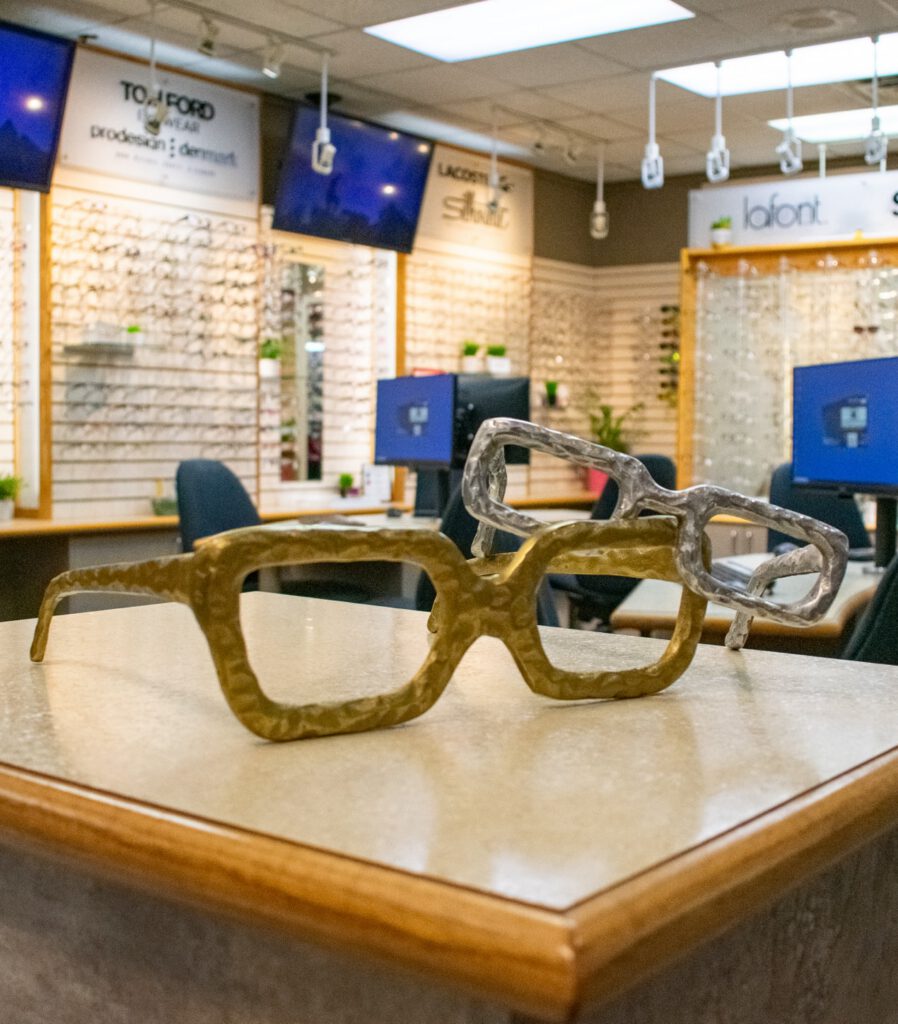Tears are such an integral part of your eye health that you may not think much about them until something feels off. Have you ever noticed your tears stinging your eyes, leaving you curious—and maybe a bit concerned—about why?
While we often associate tears with emotion or keeping our eyes comfortably moist, there are several reasons why your tears might unexpectedly sting, including:
- Environmental irritants
- Dry eye
- Blepharitis
- Eye allergies
- Underlying medical conditions
- Lifestyle factors
At Westmount Optometrists, we’re here to help you better understand what’s happening and guide you toward solutions that can improve your comfort and protect your eye health.
The Basics of Tears
Before we explore why your tears might sting, it’s important to understand their role. Tears are more than just water; they’re actually an intricate combination of water, oils, and mucous. This mixture is designed to protect your eyes from irritants, keep the surface smooth and moist, and provide nourishment to your cornea.
When tears perform as they should, your eyes feel comfortable, and your vision remains uninterrupted. But if there’s an imbalance or an irritant enters the picture, discomfort can arise—including stinging.
Possible Causes of Stinging Tears
If tears are designed to make your eyes feel better, why can they sometimes have the opposite effect? There are a variety of reasons, and we’ll explore some of the most common below.
Environmental Irritants
Your environment plays a big role in how your eyes feel. Air pollution, smoke, and even certain cleaning products can irritate your eyes and cause stinging sensations when you tear up. Windy conditions or excessively dry air can also compromise your tear film, making your eyes more susceptible to irritation.
What’s the solution? Minimizing exposure to irritants and using a humidifier in your home may keep your eyes more comfortable. If you’re noticing stinging tears while outdoors, protective eyewear can help shield your eyes from wind or allergens.
Dry Eye
Dry eye is a common condition that occurs when your tears don’t properly lubricate your eyes. This could be due to inadequate tear production or tears that evaporate too quickly. Ironically, 1 symptom of dry eye is excessive tearing, but these reflex tears often lack the proper balance of oil and mucous. This imbalance can lead to stinging, as the tears aren’t effectively soothing the eye’s surface.
For those dealing with dry eye, visiting an optometrist is essential. At Westmount Optometrists, we offer services like dry eye therapy to help identify the root cause and provide treatments tailored to your unique needs.
Blepharitis
Blepharitis is a condition that causes inflammation of the eyelids, often triggered by clogged oil glands at the base of your eyelashes. This condition can upset the tear film’s delicate balance and lead to discomfort, including stinging tears. You might also notice redness, swelling, or a gritty feeling in your eyes.
Treating blepharitis can involve gentle cleaning techniques or prescribed medications, depending on the severity of your symptoms. We can guide you through the right steps to manage this condition and improve your eye health.
Eye Allergies
If you’re prone to seasonal allergies or are sensitive to things like pet dander, mould, or dust mites, your tears might sting due to your body’s reaction. Allergies can inflame your eyes, and the tears produced as a result may lack the right consistency to provide relief.
Finding the right treatment, such as over-the-counter antihistamine eye drops or personalized recommendations from an optometrist, can make a big difference in reducing stinging and other allergy-related discomforts.
Underlying Medical Conditions
Stinging tears are sometimes a sign of a more serious medical condition. For example, someone with rosacea can experience ocular rosacea, which may irritate the eyes and lead to painful tears.
Another possibility is an autoimmune condition such as Sjögren’s syndrome, which affects the body’s ability to produce moisture, including tears.
If you’re experiencing consistent or intense stinging, seeing your optometrist for an examination is an important step. They can assess if a broader health issue might be contributing to your symptoms.
Lifestyle Factors
Sometimes, lifestyle choices can play a role in irritating your tears. Spending long hours staring at digital screens without breaks can strain your eyes and dry out your tear film, making it more likely for stinging to occur.
Similarly, smoking or exposure to second-hand smoke can irritate your eyes over time. Even how you remove makeup in the evening can affect your eye health if residue gets left behind.
Taking frequent screen breaks, staying hydrated, quitting smoking, and properly cleansing your face are all small but effective ways to protect your eyes.
When Should You See a Doctor?
Occasional stinging tears might just be a reaction to your environment or a certain activity, but there are times when it’s important to dig deeper. If you notice prolonged discomfort, blurred vision, or other symptoms like redness or swelling, it’s time to book an appointment.
The team at Westmount Optometrists is here to help. With advanced imaging technology and a compassionate approach, we can identify potential causes and develop a treatment plan that prioritizes your comfort and health.
Get to the Bottom of Your Eye Irritation
Your tears do much more than just react to emotions. They play a crucial role in maintaining your eye health and keeping your vision clear. When they start to sting, it’s a signal to pay attention to what your eyes might be trying to tell you. Whether it’s adjusting your environment, exploring dry eye treatments, or addressing underlying conditions, there are solutions that can help restore comfort.
If you’re concerned about your eye health or are unsure why your tears might be stinging, don’t hesitate to reach out to the friendly and knowledgeable team at Westmount Optometrists. We’re here to provide the guidance and care you need to help keep your eyes feeling and seeing well.
Schedule your next eye examination today—we’ll help you get to the bottom of what’s causing your discomfort and work with you to find relief.









































